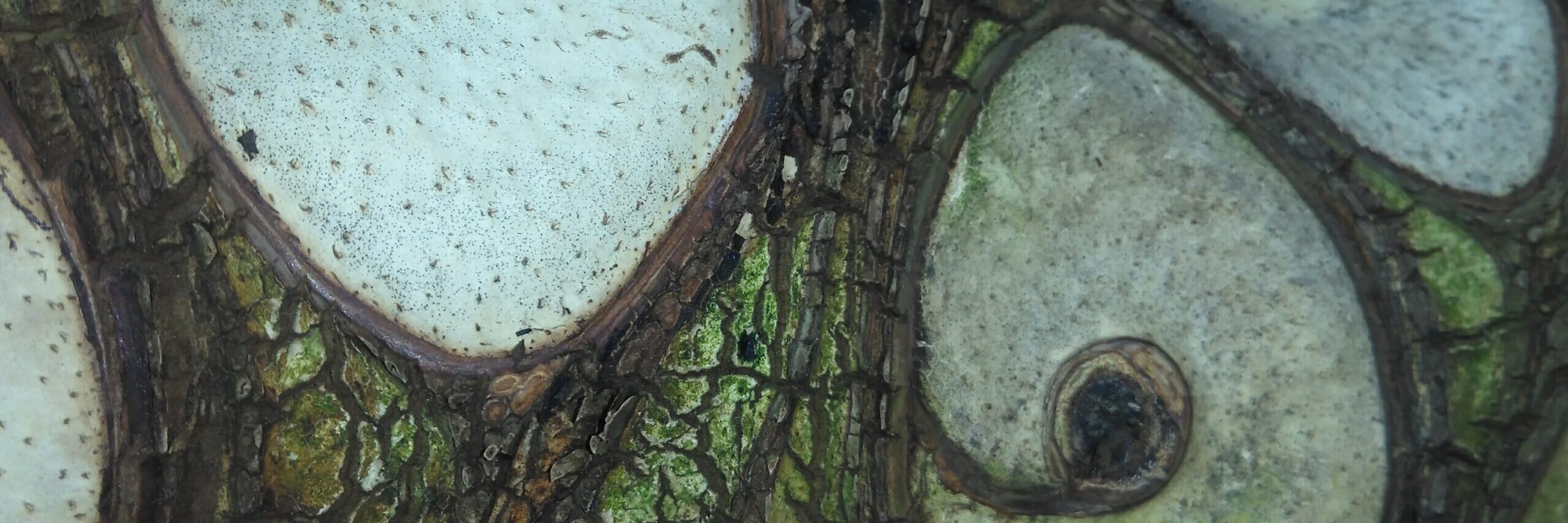Last month I looked at trees and how Debbie and I made our email address – we created our own name using Gingertree. This month I thought I’d look at names and particularly naming the nature around us.
As human’s we like to know someone’s name. It’s the beginning of understanding that person. Some cultures won’t give their names until they feel you know them. If you knew their name before you knew them you have some kind of power over them.
Recently I listened to a clip of a Canadian show – that’s why the subject is fresh in my mind. In the show the two guests were asked what three things they could do to help care for creation. One of the guest’s, the director for A Rocha (Christians in Conservation) Canada said –
- Know where your garbage goes,
- Where your food comes from and
- Participate with Adam in naming. Learn the names of plants and animals in your neighbourhood.
I’m quite passionate about naming flora and fauna and I often want to find out what I see in the world around me. This helps me to know more of that species. We can go a lot deeper with this or just be content in having a handle or a name of something. By knowing the name of some bit of nature helps us to understand where that bit of nature fits into the rest of the web of life; we can then help to look after it. If we don’t know the name of that bird, fish, flower etc. Why would we want to look after it? It’s a way of taking responsibility, loving it and taking care of it.
Hebrew scholar, Jeff Benner, who I’m interested in, states “In the ancient Hebrew world, a person’s name was not simply an identifier but descriptive of one’s character. As Adam was formed out of the ground, his name identifies his origins.” The Message states in regards to Adam and his relationship to God and the world around him: ” So God formed from the dirt of the ground all the animals of the field and all the birds of the air. He brought them to the Man to see what he would name them. Whatever the Man called each living creature, that was its name. The Man named the cattle, named the birds of the air, named the wild animals;” You could say that Adam’s first job was as a taxonomist – a fancy word for someone who names things. Theologian Richard Bauckham in his book ‘Living with other creatures’ states: “Adam is not in this story ruling the animals; he is recognizing them as fellow creatures and giving them a place in his mental construction of the world” “He (Adam) appreciates the diversity of the creatures. He recognizes their diversity and writes it into his vision of the world by giving each species its own name”.
When the world loses a species it’s one less declaration of praise that glorifies the triune God who created it. All creation in a unique mysterious way sings the wonders of who God is. This creation has his thumb print all over it. Let’s be good tenants and caretakers of His world. Join me in naming what you see – this is the start of appreciating His wonderful works and one of the first steps to caring for creation.
